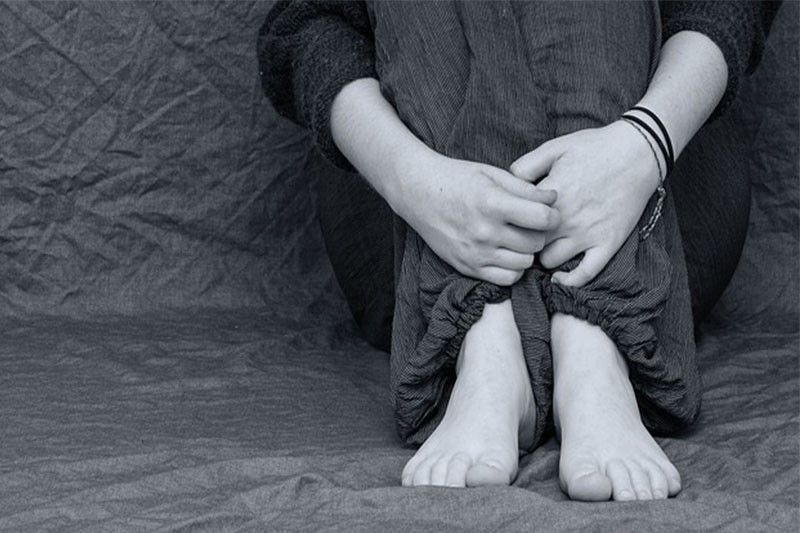High cost, stigma top reasons for not receiving mental health care in Philippines — Harvard study

MANILA, Philippines — The high cost of treatment and services, and stigma are hindering Filipinos from seeking mental health care, a study of Harvard University’s humanitarian research center showed.
Local mental health and psychosocial support (MHPSS) providers reported costly treatment and services (40%) as the top barrier to accessing mental health care in the Philippines, according to a recently published study by the Harvard Humanitarian Initiative Resilient Communities program.
Other top reasons for not getting care were stigma-related such as feeling embarrassed or ashamed (35.9%), concern that they might be perceived as "crazy" (31.0%) or weak (30.3%), and concern about family (23.4%), and other people’s reactions (22.1%).
However, 65% of the study respondents said that barriers to access and treatment stigma have decreased since the start of the COVID-19 pandemic.
SPECIAL REPORTS: Coping in quarantine: Lockdown as a literal anti-anxiety pill to swallow | Coping in quarantine: Lifelines in a society on forced isolation
The findings of the study suggested that this may have been due to the benefits of teletherapy and education around mental health.
The study also noted that switching to teletherapy allowed for the expansion of services and service areas.
“Greater accessibility to mental healthcare services through telehealth create opportunities for providing care for those that may not otherwise seek support because of distance, travel costs, or other similar barriers,” said Dr. Vincenzo Bollettino, program director of the HHI Resilient Communities.
Mental health concerns
Ninety-eight percent of MHPSS providers said there has been an increase in mental health concerns in the country since the pandemic began.
Respondents observed an increase primarily in anxiety (97.9%) and depressive disorders (97.2%), followed by bipolar and related disorders (49.0%), trauma-related disorders (46.2%), and suicide risk behaviors such as suicidal ideation and suicide attempts (44.1%).
Increases in schizophrenia spectrum and other psychotic disorders (24.8%), substance-related and addictive disorders (16.6%), and obsessive-compulsive-related disorders (13.1%) were less frequently reported.
Improvement needed
Eighty-three percent of survey respondents recommended increasing training for mental health providers or staff, while 76% suggested hiring more health service providers, the study showed.
To better reach communities in need, 72% of MHPSS providers called for better internet connectivity, 70% called for bigger government funding for mental health, and 66% called for greater awareness-raising for services.
Twenty-six percent of respondents endorsed successes in increasing the availability of mental health services and increasing awareness of the importance of mental health through public and community education during the pandemic.
A total of MHPSS providers, mostly psychiatrists, participated in the study done in cooperation with the Philippine Psychiatric Association and Psychological Association of the Philippines.
Data for the study were collected between February 1 and April 30, 2022, using an online self-report, English-language survey.
The Department of Health urges people seeking professional support to get in touch with the National Center for Mental Health hotlines at 0917-899-USAP (8727) or 899-USAP (8727); or its Mind Matters hotline at 09189424864.
- Latest
- Trending































